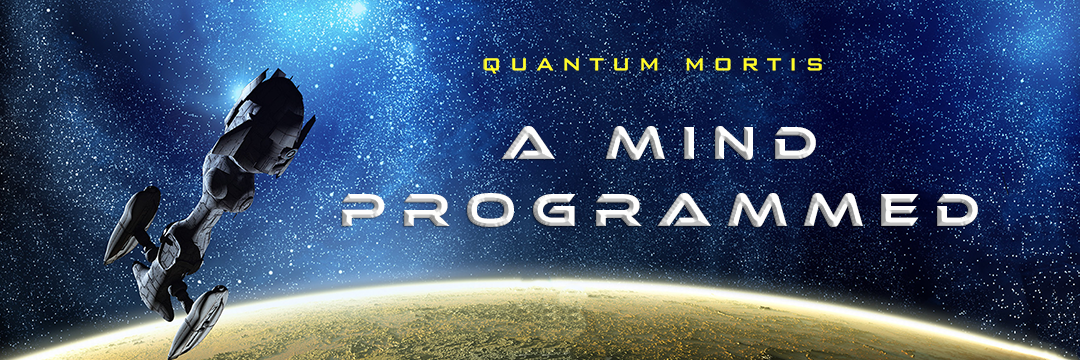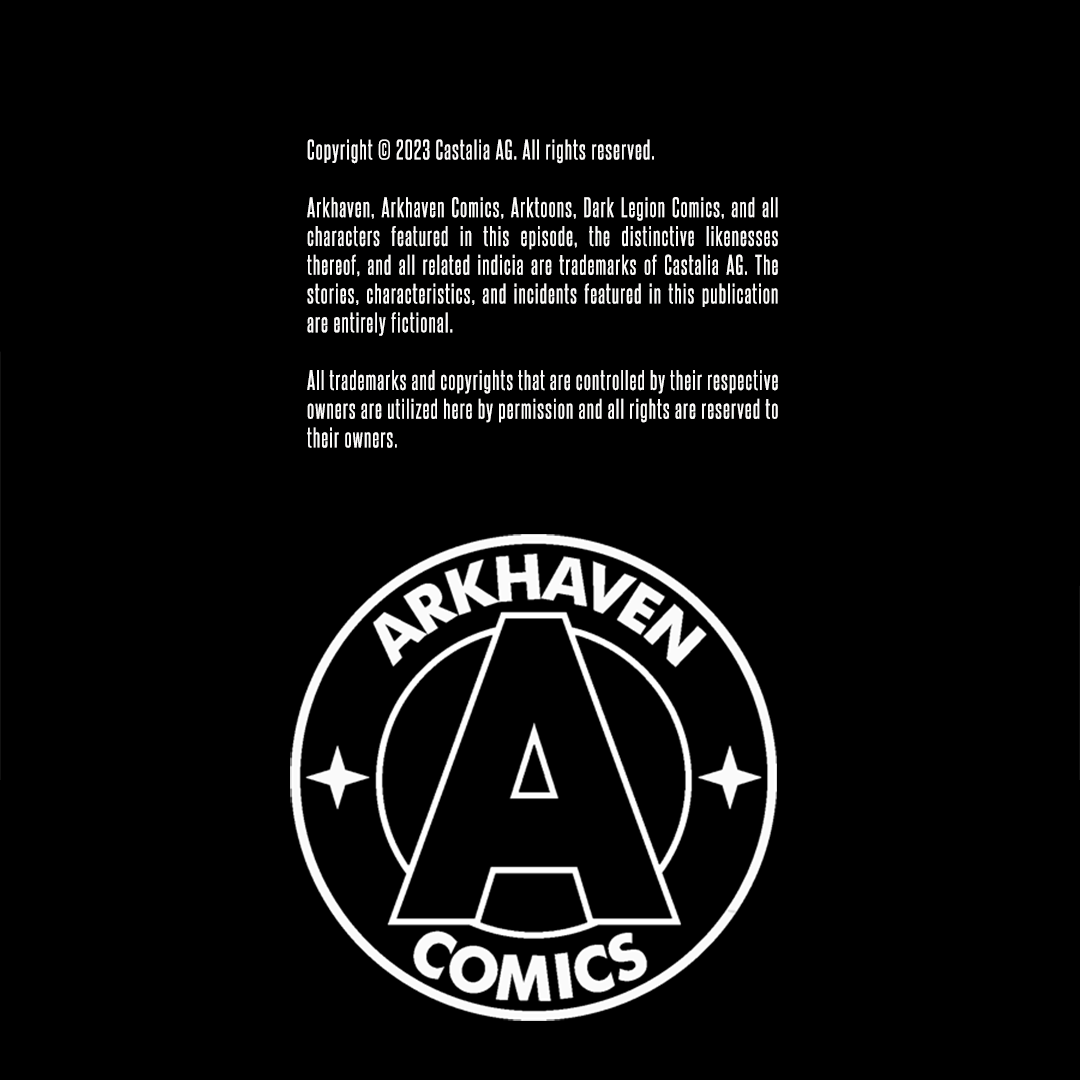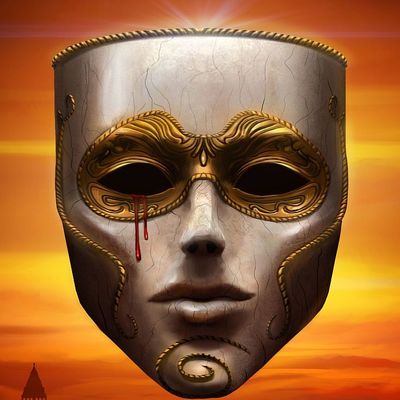
CHAPTER 11
Commissioned officers in the Terran Navy have pay grades ranging from O-1 to O-13, with O-13 being the highest; those with paygrades between O-1 through O-5 are considered junior officers and O-6 and O-9 as senior officers. Officers in the O-10 to O-13 range are called flag officers. Promotion through O-9 is based on performance in an officer's current paygrade, which is recorded in FITREPS. Promotions to Rear Admiral (O-10) rank and higher are restricted to eligible candidates and are subject to confirmation by the Terran Senate as well as the First House.
—“The Commissioned Officers Rank and Structure”, Department of the Navy Pamphlet 700-C
GELHART HUNG alone in a black universe, a pale yellow sun that shone with a lusterless light yet was unbearable to the naked eye. The hundred thousand stars that gleamed around it were incredibly remote, forming little more than a backdrop to the eternal velvet night through which Gelhart sped, accompanied by six much smaller collections of matter. These were its planets, or rather, “grotesque parodies of planets,” as Galton, the ship's navigator, described them.
Standing beside York at the Draco's star window, the navigator observed, “For some reason this subsector is poorly populated, almost empty, you might say. The few stars it possesses are widely scattered, and most of them are on the smaller side.”
“Empty?” York peered at the sweep of stars, thinking it resembled a field of diamonds.
Galton smiled wryly. “The human eye can't distinguish one subsector from another. What you're seeing are the stars from other subsectors, even other sectors.”
Why do you call them parodies?”
“The planets? Oh, because they're not much more than large asteroids. That being said, I've seen civilizations take root on even less probable places. The dwarf planets of the Struve sun, for example. Did you know that their light is purple? And the atmosphere is so thin, terraforming is absolutely imposible. Why would anyone choose to live on one of those worlds? And yet, they do. They say that Man is the most adaptable creature in the universe. I would think he has to be, judging from some of the places he's chosen to live on.”
“That, or the most foolish,” York commented. “I take it you are aware of our reason for being here?”
Galton nodded. “Distress call, missing Navy ship. Must be something interesting on it to pull us off patrol duty on Xigaze.”
“You could say that,” York agreed. After the gas incident, Hull had informed his officers about her true occupation, not that many of them hadn't figured it out already. But none of them knew yet why she was on board, and only a few knew anything about a warship that had gone missing. Even those, like the navigator, whose involvement was required for the search, had not been told the identity of the missing Shiva-class cruiser, much less the reasons believed to be behind her disappearance.
“Why are we starting the search at this particular star,” she asked him.
“Look at it,” he pointed to the star window. “It's a yellow sun, of a similar effective temperature to Sol, and not too much different in size. Given the various options in the vicinity of the last known location, it's the star I would choose if I were the navigator of a ship that found itself in difficulties. It is the first star to which one's attention is naturally drawn.”
“That makes sense.”
“Of course, if the navigator is dumb enough to get himself in trouble in the first place, who knows if he has enough sense to make the logical choice. I'm not saying our missing ship is definitely in this system, only that it's our best bet.”
“I shall consider myself duly warned and refrain from getting too excited until the ship is located. Do you think it might have landed on one of the planets?”
Galton shook his head. “Only if its navigator was so incompetent, and unlucky, that he somehow managed to crash into it. The two inner planets, Goa and Debro, are too close to the sun. Everyone on the ship would die before they even came close to them. The third and fourth planets would at least be theoretically possible. They're wastelands, nothing but vast, burning deserts, but it would be theoretically possible to put down a lander on them.”
“What about the outer two? You mentioned six. They're farther out, so they're not too hot.”
“Too far out. Also, they're methane. Methane giants, much like Jupiter and Saturn, if you ever learned your original planets. They're frozen solid to their cores. There are very good reasons that these parts are uninhabitable, Miss York, even when the sun is more Sol-like than most. This is a lifeless star system.”
York returned her attention to Gelhart. It looked more like a yellow sticker stuck against the window than a sun. It did not gleam brightly, nor did it pulsate like so many stars. Lifeless was a good word to describe it, she thought.










































































